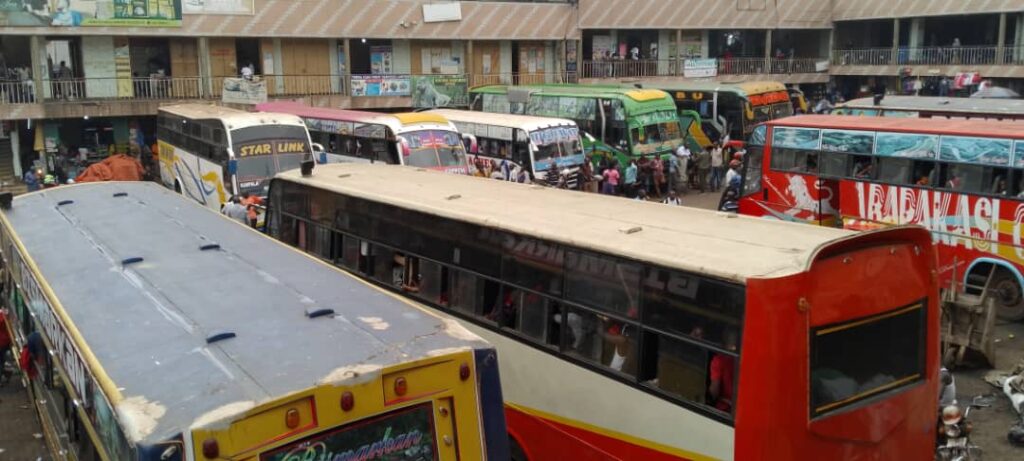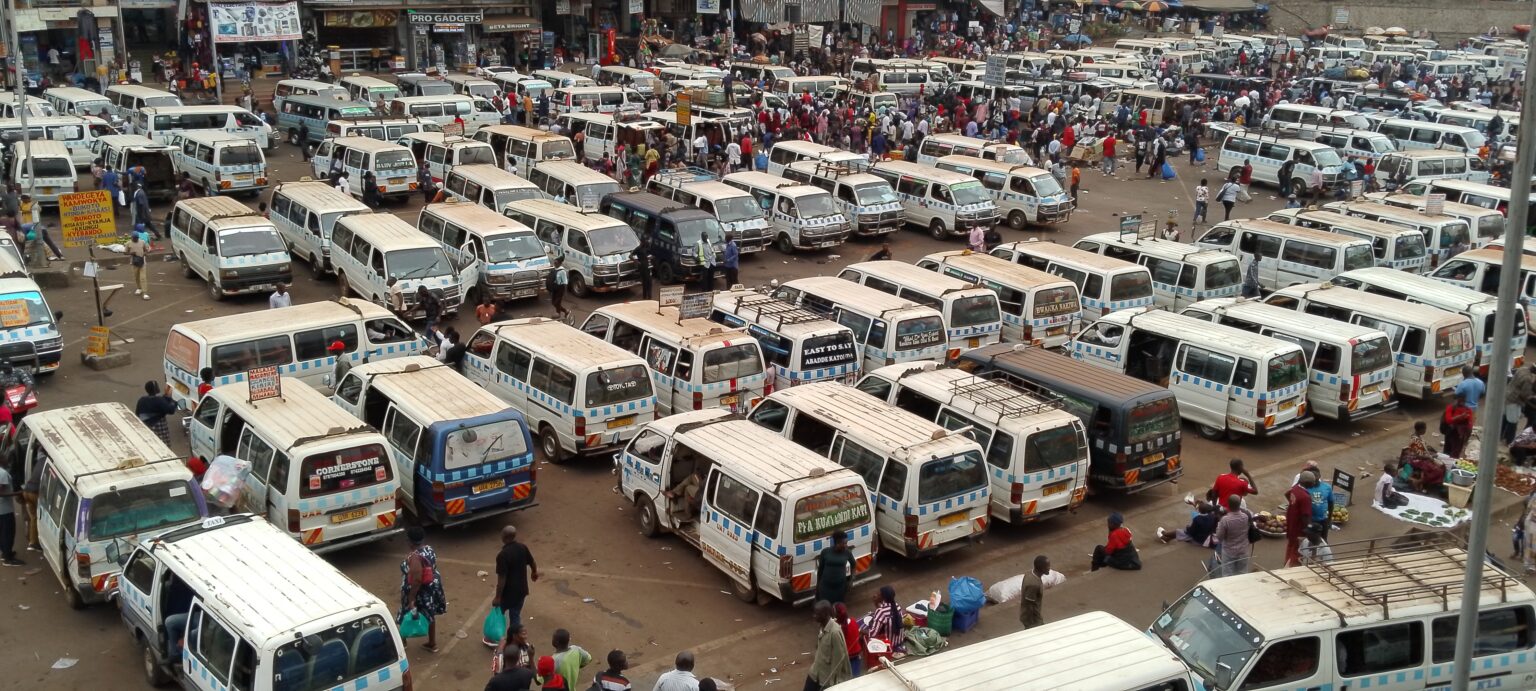
Public transport is a critical component of Uganda’s transportation infrastructure, impacting the daily lives and economic activities of its population. In this comprehensive study, we delve into the dynamics of public transport fares and fuel prices in Uganda throughout the year. The importance of a reliable and affordable transportation network cannot be overstated, and this research aims to provide valuable insights for policymakers, transport authorities, and stakeholders.
Neofact designed a longitudinal research involving weekly data collection from taxi parks and bus stations around Kampala. The study focused on routes connecting Kampala to various destinations across the country. This approach allowed for a detailed examination of temporal variations, seasonal trends, and the impact of external events on public transport fares. Additionally, fuel prices were tracked throughout the year to understand their influence on transportation dynamics. (For a full report down here)
Christmas Season Fluctuations: The Christmas season witnessed significant spikes in transport fares, with Masaka experiencing the highest increase at 200%, followed by Mbarara, Kabale, and Fort Portal at 133.3% and 125%, respectively. Other towns also recorded varying degrees of increases during this festive period.
Annual Scan Highlights: Kotido emerged as the town with the highest overall change in fares throughout the year, showing a significant 71.4% increase. Mbarara followed suit with a 40% change, and various towns displayed diverse patterns, reflecting the dynamic nature of transportation across regions.
Fuel Price Dynamics: The year commenced with elevated fuel costs for both petrol and diesel, with gradual decreases until August. Petrol prices saw an annual increase of 7.06%, reaching 5,610 UGX per litre, while diesel prices dropped by -5.48% to 5,260 UGX per litre.
Implications and Recommendations: Understanding the nuances of public transport dynamics and fuel price fluctuations is essential for crafting responsive policies and strategies. Policymakers and stakeholders can leverage these findings to enhance the efficiency, accessibility, and affordability of public transportation in Uganda. Consideration of regional variations and the influence of external events will be crucial for the development of a resilient and adaptive transportation network that aligns with the evolving needs of the Ugandan population.
Downlood full report here



